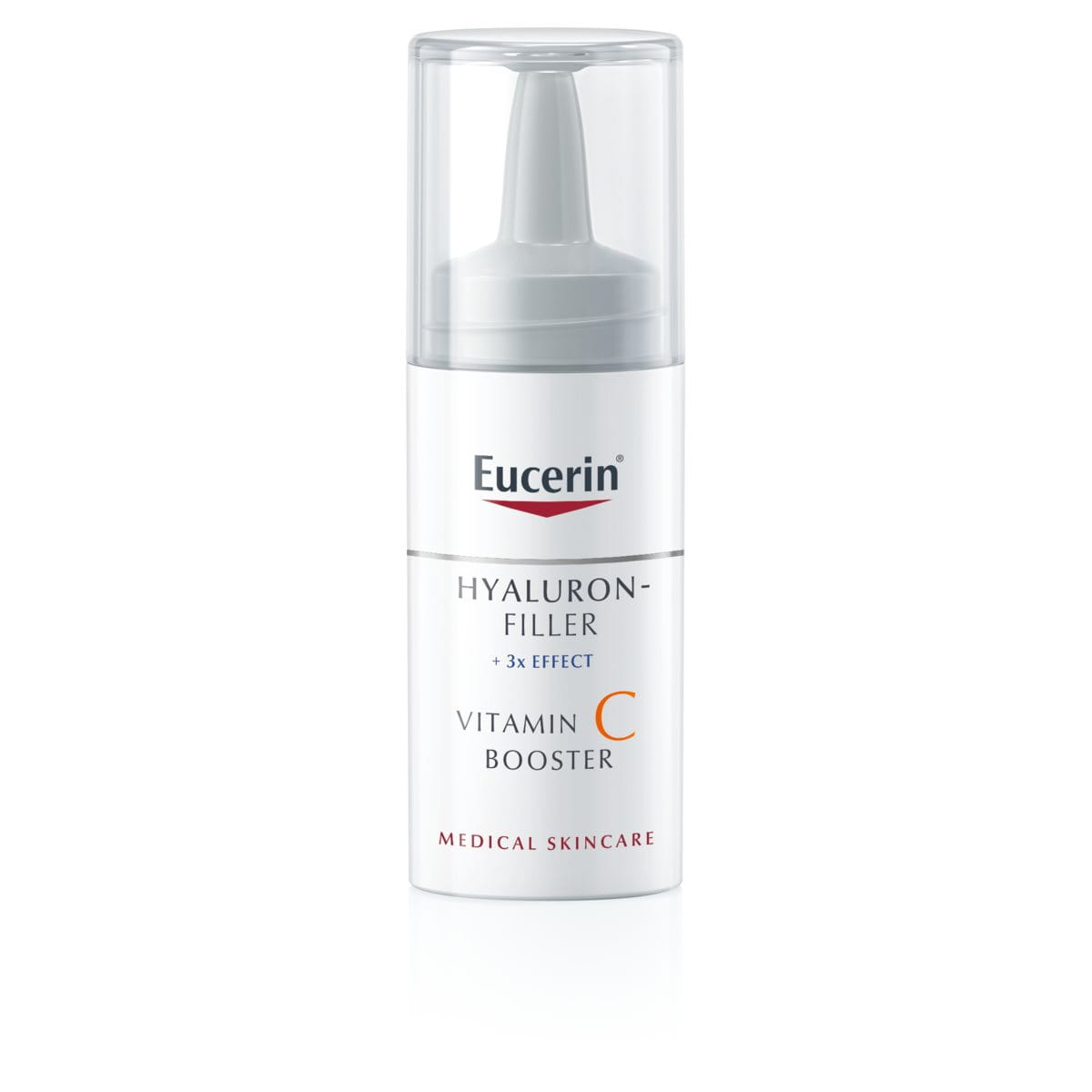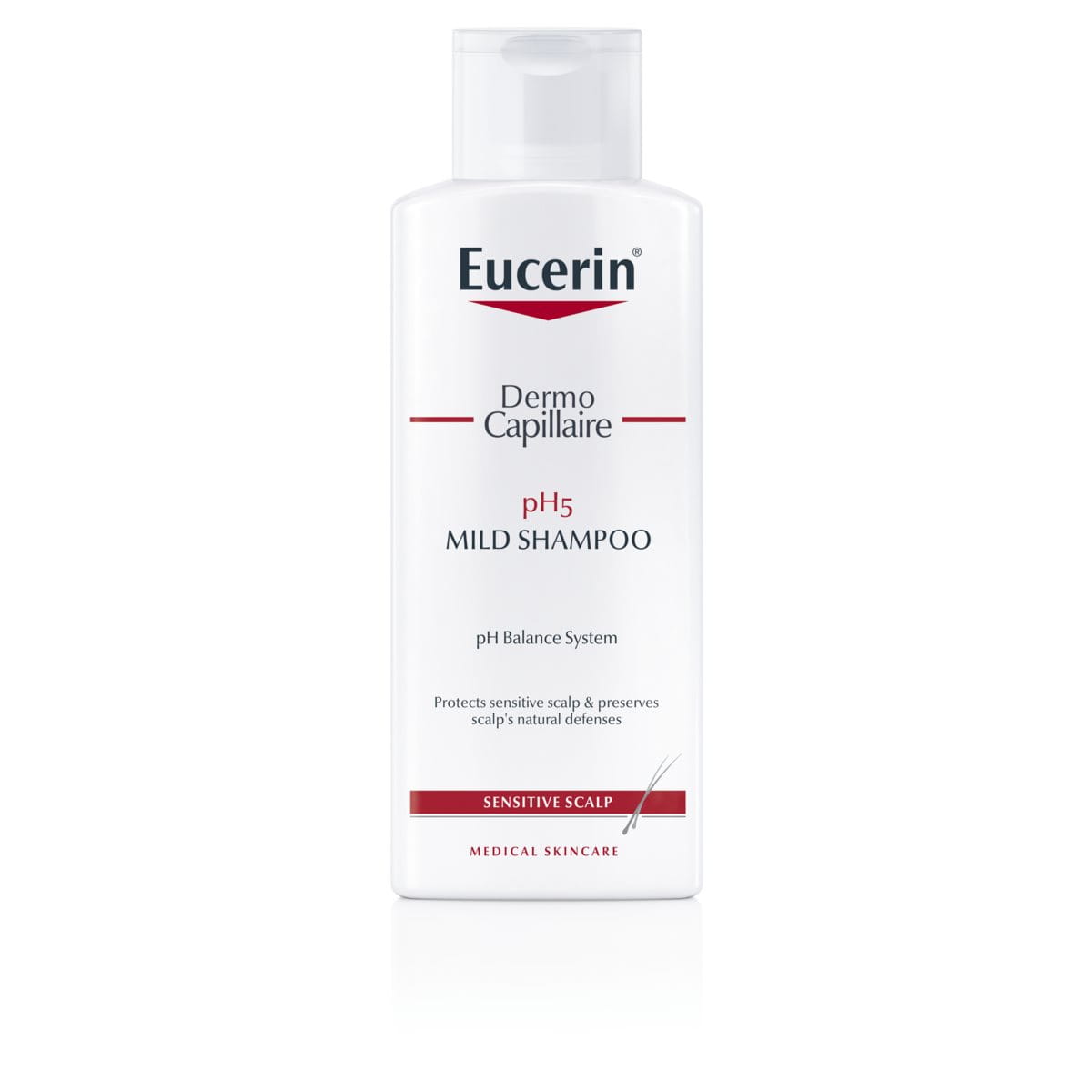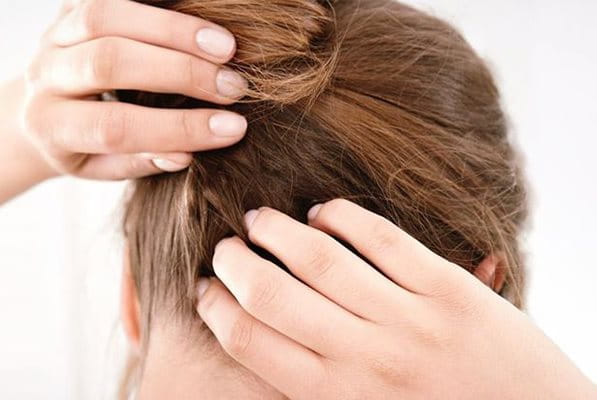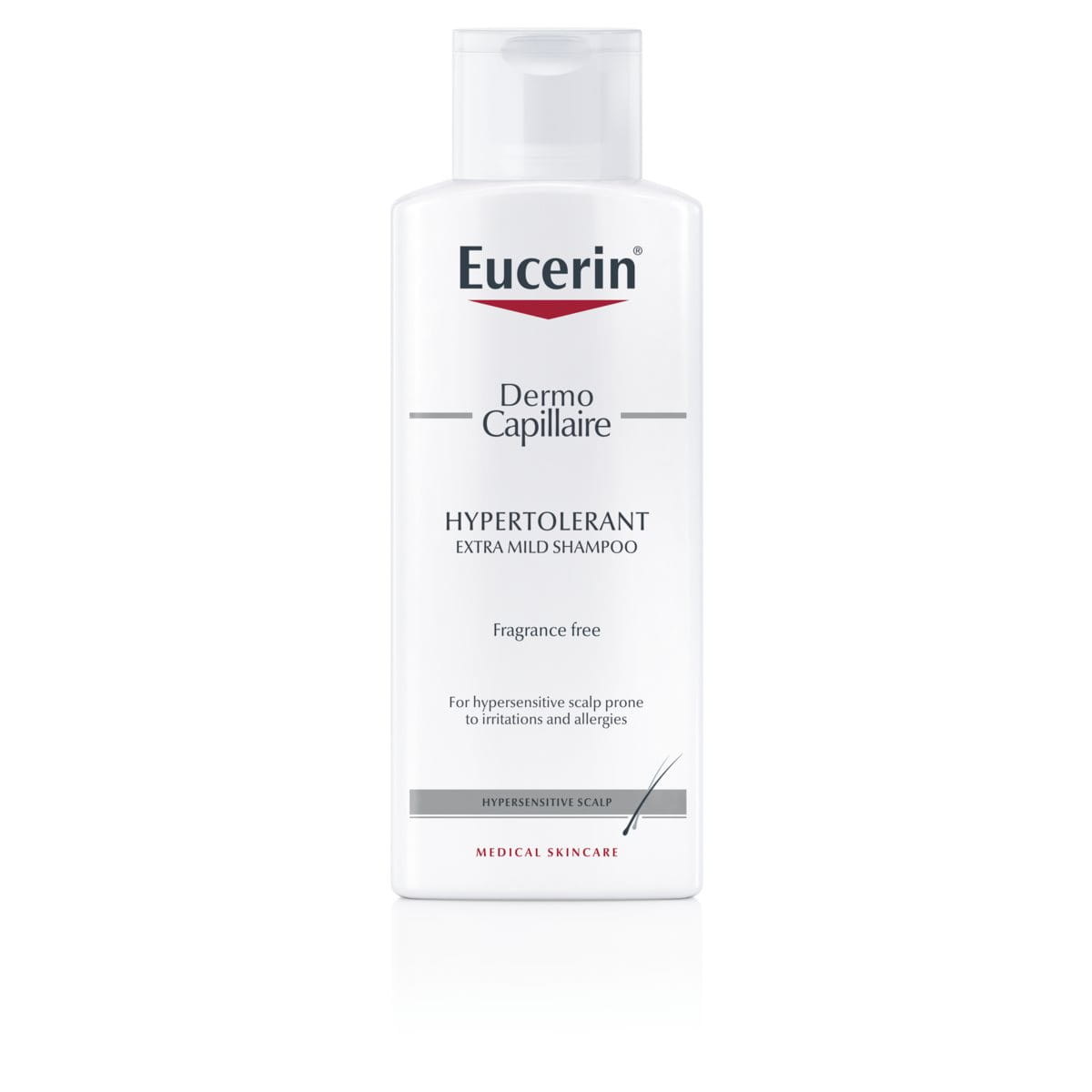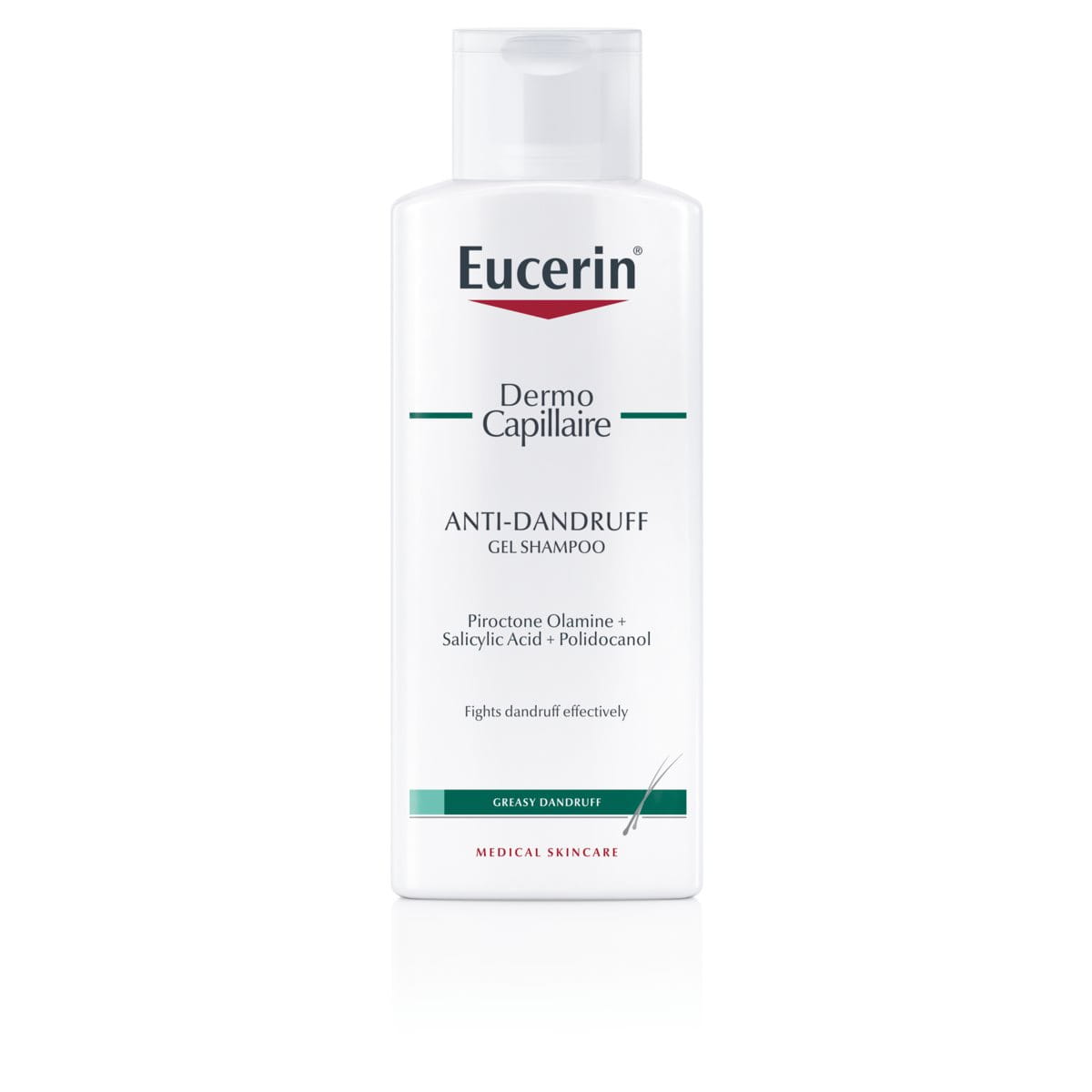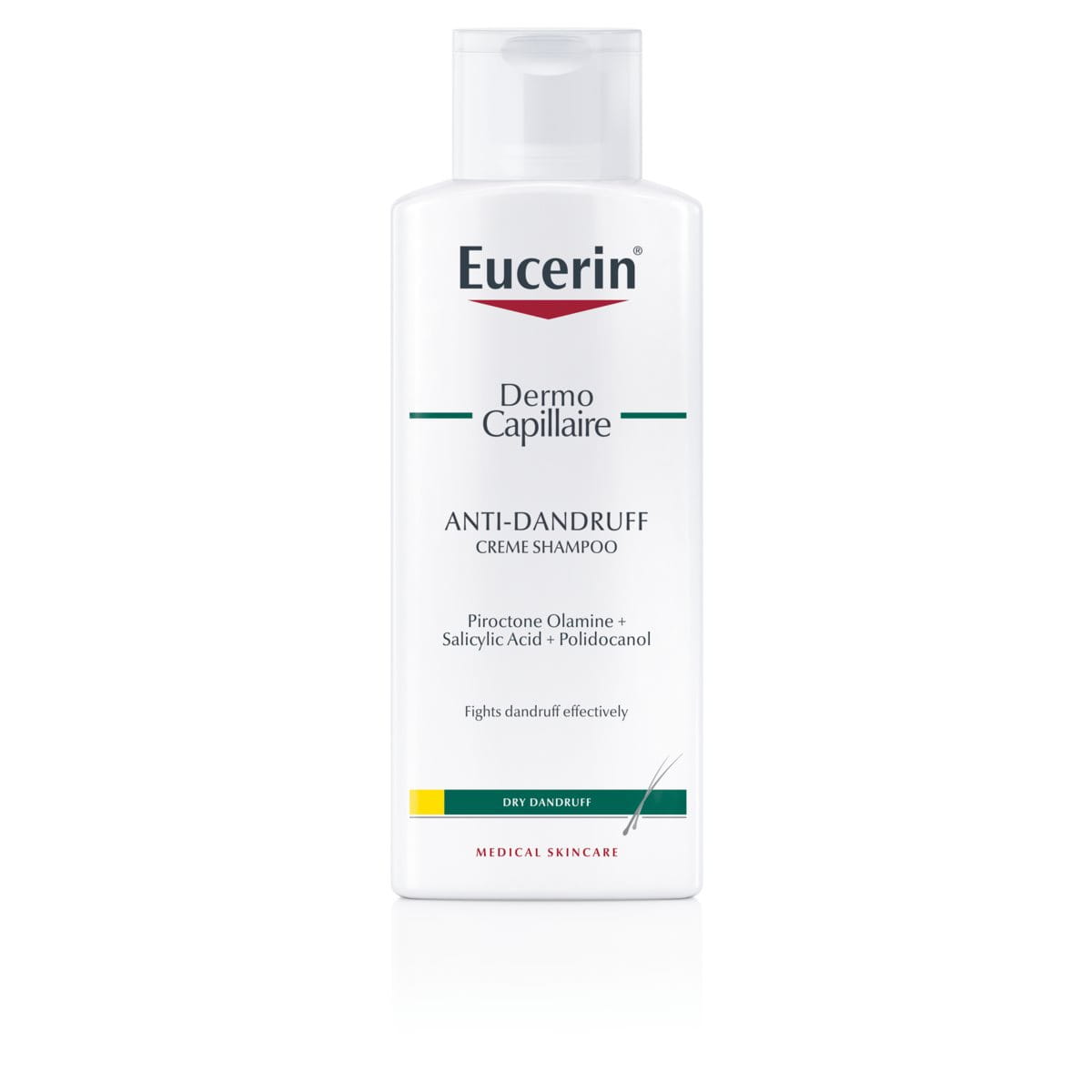A sensitive scalp can cause discomfort and be distracting during daily routine. Around 60% of women and 40% of men have sensitive scalps, and the reasons for this can vary greatly. If skin is severely sensitive, it may mean that the scalp is hyperreactive or hypersensitive – and this can be alleviated with the proper care.
Signs & Symptoms
What is a sensitive scalp?
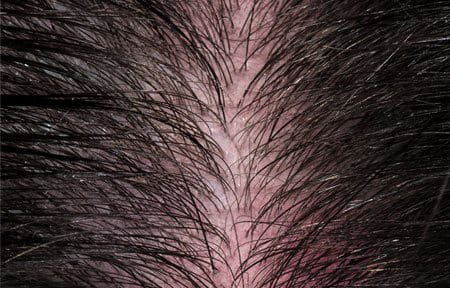
Symptoms of a sensitive scalp can include burning, tingling, pain, itching and redness. Your scalp may also simply feel tight and itchy. If your symptoms are severe you may have a hyperreactive or hypersensitive scalp. Whether you have a mild or extreme case, it’s important to consider what factors may be causing the sensitivity in your scalp. The symptoms may be caused by an imbalanced diet or by using the wrong shampoo. Likewise, exposure to certain climatic conditions, pollution or stress can cause you to experience sensitivity in the scalp area. Considering these and other factors will help you determine why your skin is so sensitive and how to best improve its condition.
Major Causes
SHAMPOO is one of the main causes of scalp sensitivity for many people. The harsh cleansers or surfactants in many shampoos can wash away the scalp’s acid mantle – the natural acidity that protects your skin – leaving it susceptible to dryness and irritation.
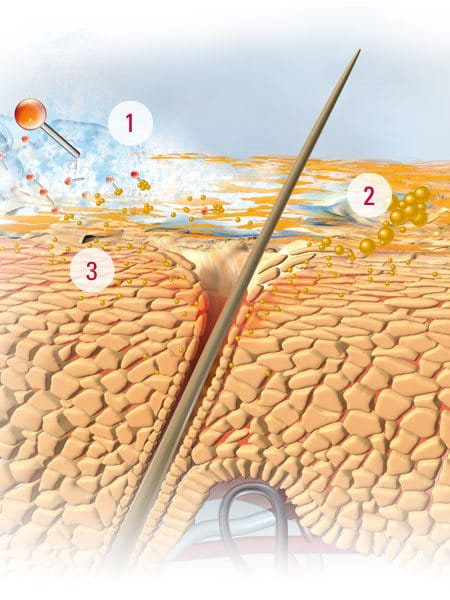
Some people report having a hypersensitive or sensitive scalp after receiving treatment for skin conditions such as atopic dermatitis or psoriasis.
When your skin’s natural protective barrier is disrupted by one or more of these factors, microinflammations of the scalp can also become a leading cause of increased sensitivity. They occur when the skin cells in your scalp become inflamed, making it more vulnerable to irritation.
Other causes of scalp sensitivity or hypersensitivity include:
- Climatic conditions – e.g. sun, cold, heat, wind
- Physical or emotional stress
- Chemicals in soap, cosmetics, water, some drugs and pollution
- Hormonal changes – e.g. pregnancy, menopause, menstrual cycle
- Food allergies or sensitivities
Microinflammations and your scalp
What are microinflammations? They’re mild inflammations of the skin. They’re so mild, in fact, that even clinical testing won’t pick them up. But if we study skin tissue encountering microinflammations, we can detect the presence of inflammatory immune cells – in other words, the skin is responding to irritation with inflammation and thereby attempting to repair itself. If these skin cells are then subjected to further irritation, the skin can flip into a “true” inflammatory response.
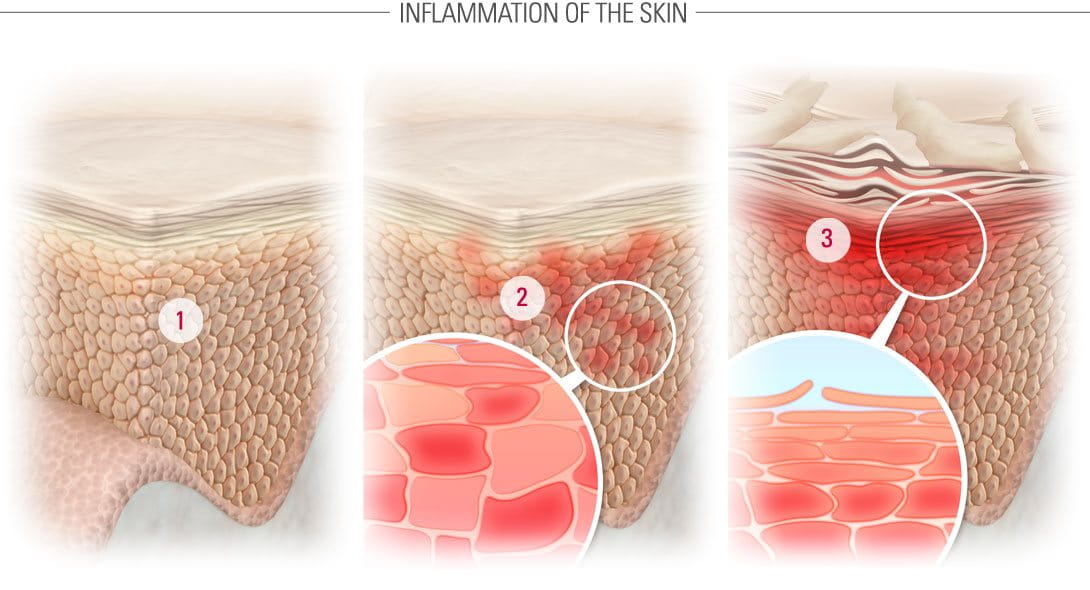
How are they related to scalp conditions? There’s growing evidence that microinflammations of the scalp are involved in most common scalp disorders – from thinning hair and dandruff, to scalp dryness, itchiness and sensitivity.
If you experience sudden hair loss or brittle hair, you may have an underlying health problem such as thyroid disease, iron deficiency, or an autoimmune disease. Some medications can also cause hair loss. Contact a dermatologist in all instances to get further information.
Common Myths

Vinegars, natural oils and drinking eight glasses of water a day are among the natural remedies that have been claimed to treat a sensitive scalp. But although drinking enough water is good for your overall health, it won’t treat scalp sensitivity on its own – and there is no evidence to support the effectiveness of the other remedies listed here.
Solutions
Recommended solution

Eucerin DermoCapillaire pH5 MILD SHAMPOO for sensitive scalp and Eucerin DermoCapillaire HYPERTOLERANT SHAMPOO for hypersensitive scalp have been developed without irritating ingredients to give your scalp the gentle cleaning and care it needs. Learn more about the mild shampoo or hypertolerant shampoo.
Do you have a sensitive scalp?
You may have a sensitive scalp if…
Your scalp reacts badly to many shampoos or hair products: These often contain harsh cleansers or chemicals.
You’ve recently been exposed to one or more of the major causes listed above: Especially if your symptoms developed soon afterwards.
You may have another scalp condition if…
You have white flakes or yellow scales on your scalp and hair: You may have dandruff or seborrhoeic dermatitis.
You have red, scaly, silvery-looking patches on your scalp: You may have Psoriasis.
Your scalp is extremely itchy: You may have a dry and itchy scalp.
Important Information
See your doctor or your dermatologist if you’re concerned, your symptoms are severe, or your scalp becomes inflamed, weepy or sore.
Our brand values

We deliver a holistic dermo-cosmetic approach to protect your skin, keep it healthy and radiant.

For over 100 years, we have dedicated ourselves to researching and innovating in the field of skin science. We believe in creating active ingredients and soothing formulas with high tolerability that work to help you live your life better each day.

We work together with leading dermatologist and pharmacist partners around the world to create innovative and effective skincare products they can trust and recommend.


